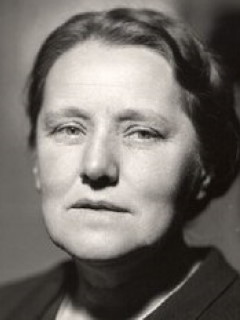
Publication details
Publisher: Springer
Place: Berlin
Year: 2003
Pages: 339-350
Series: Vienna Circle Institute Yearbook
ISBN (Hardback): 9781402012693
Full citation:
, "Susan Stebbing on Cambridge and Vienna analysis", in: The Vienna circle and logical empiricism, Berlin, Springer, 2003


Susan Stebbing on Cambridge and Vienna analysis
pp. 339-350
in: Friedrich Stadler (ed), The Vienna circle and logical empiricism, Berlin, Springer, 2003Abstract
The early 1930s is a key period in the history of analytic philosophy: it marks both the high-point of the influence of the Cambridge School and the emergence of logical positivism. Susan Stebbing's role in this period is often overlooked. Perhaps she sided too much with Moore, whose influence faded. Perhaps she was too attached to logical atomism, which, by the end of the 1930s, had run aground. This is unfortunate, since she was a central figure in the early dialogue between British philosophy and logical positivism, and did more than anyone else at the time to introduce the Vienna Circle to the English-speaking world. This early dialogue is of more than merely historical interest, however. As I hope this paper has shown, appreciation of the debate reveals just how much methods of analysis depend on deep philosophical assumptions. Stebbing saw this clearly; and her work provides a lesson which, if anything, is even more relevant today.
Cited authors
Publication details
Publisher: Springer
Place: Berlin
Year: 2003
Pages: 339-350
Series: Vienna Circle Institute Yearbook
ISBN (Hardback): 9781402012693
Full citation:
, "Susan Stebbing on Cambridge and Vienna analysis", in: The Vienna circle and logical empiricism, Berlin, Springer, 2003

